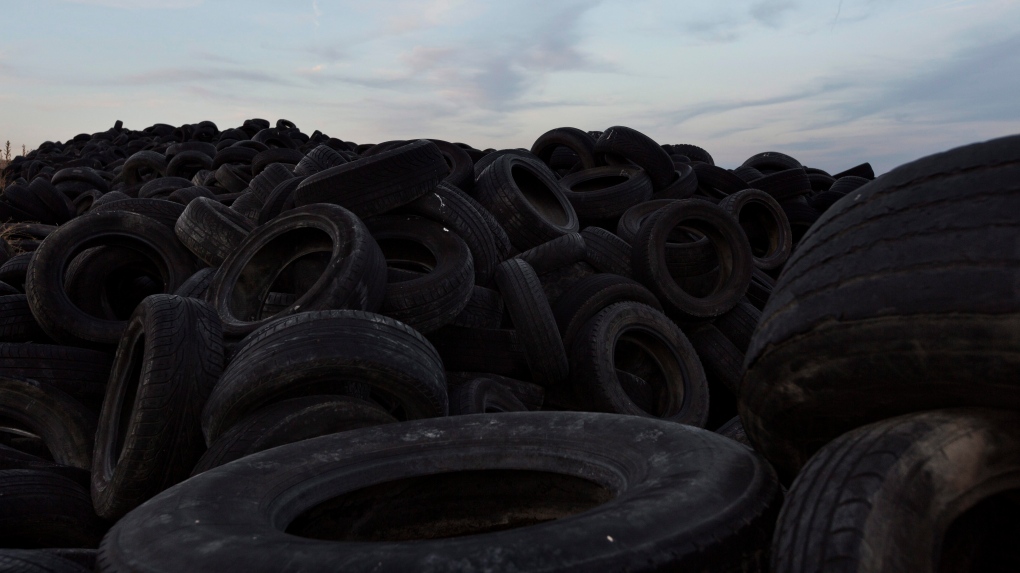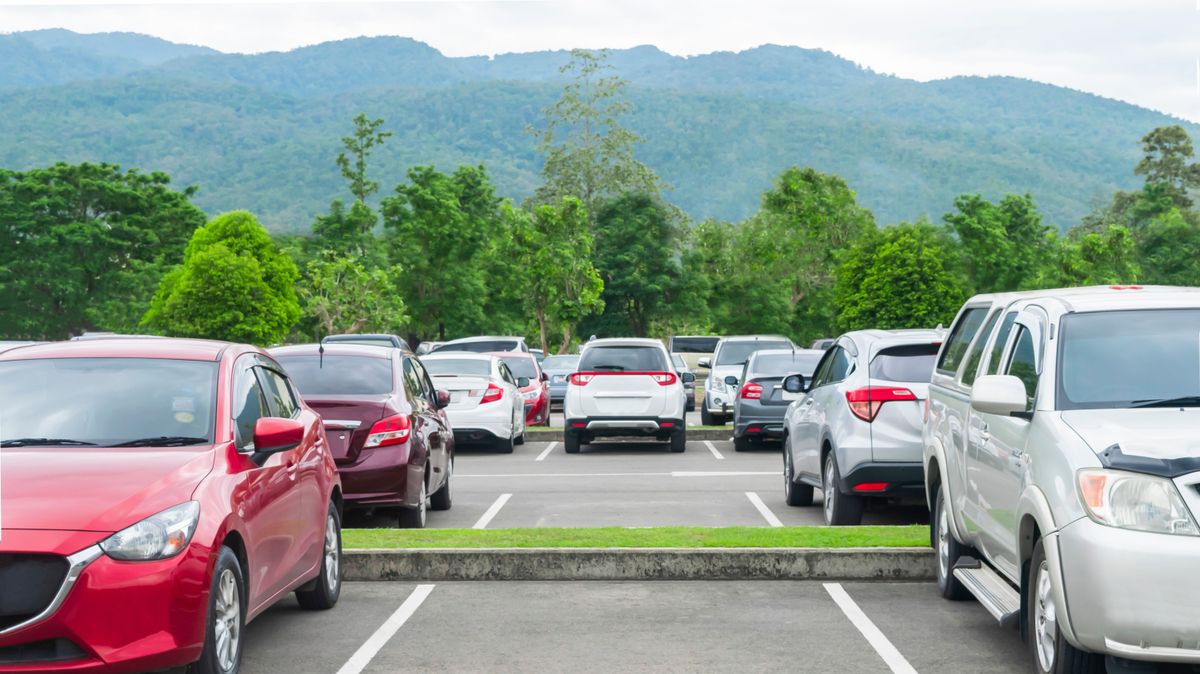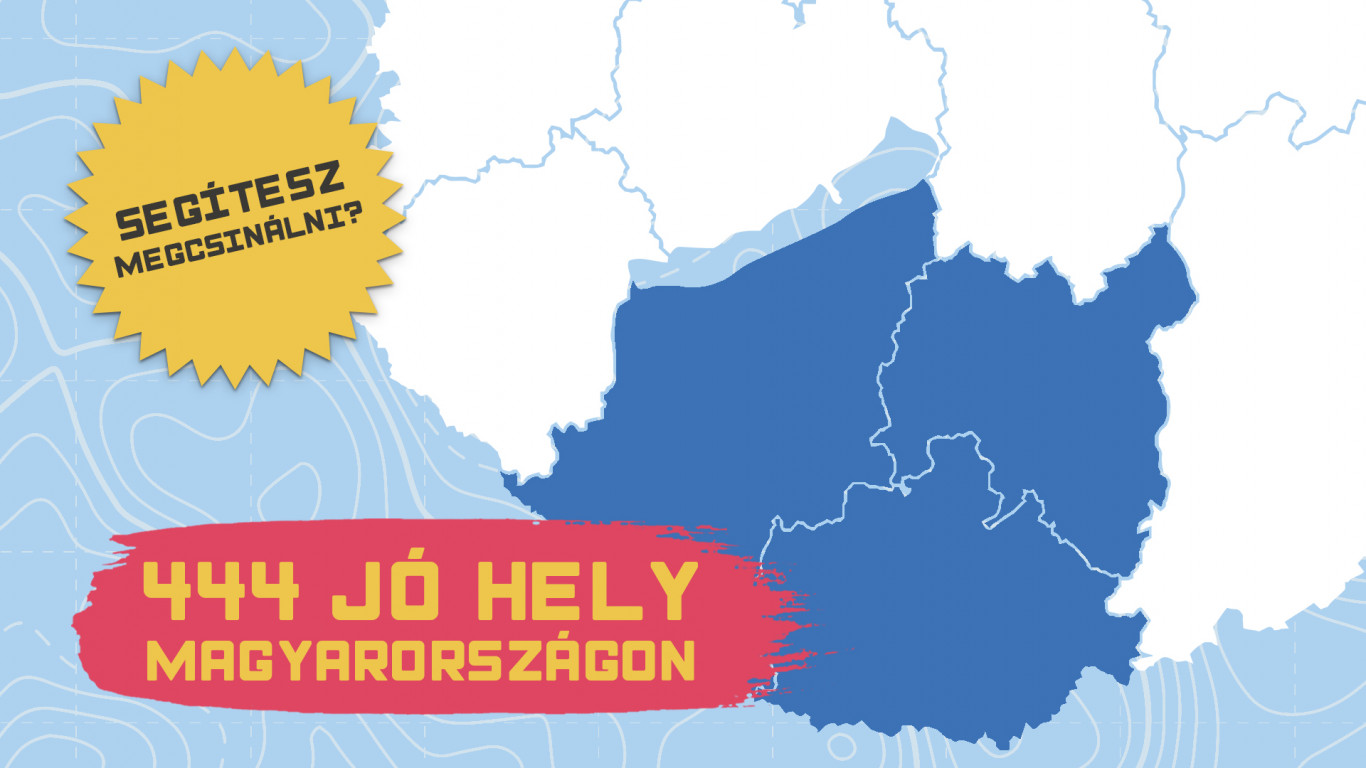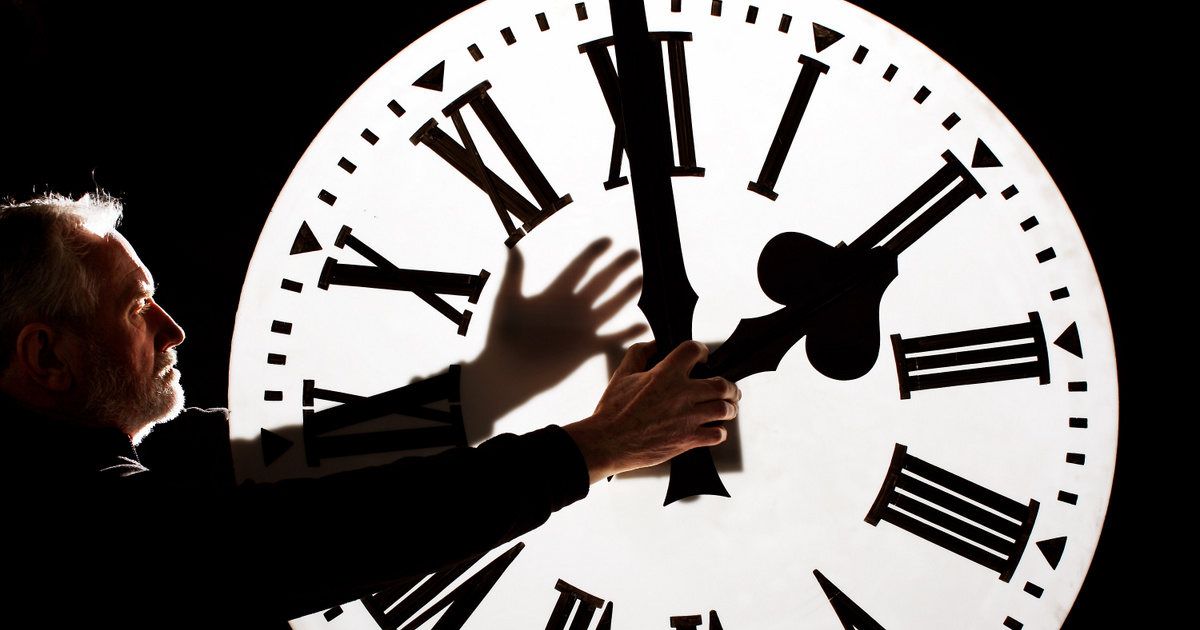For some reason, the press does not like daylight saving time. At least in the titles. While the main drive to move to winter is “We can sleep more”, the news now starts with a slogan like “We are going to have a night shorter than we sleep”. Of course, it is not in doubt that changing the watch is not a burden for a few. So it’s a good idea to cancel it, although it’s not yet known if this clock change will be the last.
Based on government data, it appears that if a decision is to be made, we will resume daylight saving time. In order to understand whether this is a rational decision, we need to be aware of the daily rhythm of the majority of Hungarians, the importance of sunlight to our health, and of course whether there is a “natural time zone” at all.
a According to the survey of civil society organizations On weekdays, about half a week in the morning, there are more people who are already awake than asleep. Recreational and sporting activities are minimal in the morning and morning hours, and people simply prepare for the day of work, school or do housework. Free time, including sports, is a regular thing in the afternoon, not only for young people, but even for retirees. As for sleep, there is a limit also on weekdays, sometime after 10pm, when more people are actually sleeping than those who are awake. On weekends, holidays, and holidays (which together spend more than a third of the year), the majority are assumed to wake up late and of course lie down later. We can assume that this period of approximately four months, which spreads throughout the year but is perhaps more focused on summer due to the holidays, is most marked by waking between 7-8 in the morning and 11 in the evening. Sure, we are all different, we live with a different rhythm, but these are the great rates at which we can make a decision.
If we don’t go back to winter time in the fall, we will see the following in Budapest. In winter, the last sunrise will change from 7:31 to 8:31 on December 21, as opposed to the closest sunset from 15:52 to 16:52. What does this mean in practice for “common Hungarians”? Of course, the period when most people wake up in the dark, at least on weekdays, will be significantly stretched. There is such a period yet – several weeks, which cannot be considered a qualitative change. Especially as the darkest period approaches Christmas holidays, when the vast majority of us are not going to work or school. In contrast, those who work between 8 a.m. and 5 p.m. will have more opportunities to exercise and clearly exercise after work in the first half of November and in February-March. For students, the free time spent in the light increases by one hour throughout the winter semester.
But what about health and biorhythm?
It is difficult to say that sunlight, especially in winter, is very important. It not only improves mood, but also maintains health directly. Vitamin D formation is the most obvious beneficial effect, but indirectly, increasing the chances of exercising and walking would also be beneficial. On the other hand, the Hungarian Sleep Association He argues“Winter time should be preserved because it defines the functioning of wildlife for millions of years” and “Restoring time to our original time zone would be the most plausible physiological and health viewpoint.” And this means that winter is better, because it is simply natural and corresponds to the long-established internal body rhythm.
There is no doubt that a reference to a natural order that arose over millions of years is a good thing. Europe in particular has nothing to do with reality. Millions of years of human evolution occurred in Africa, but we left the ancient continent seventy thousand years ago, and as humankind fractures north, it has moved further and further from its “natural” state. We have changed, adapted to new conditions, and shaped, precisely because of vitamin D and little sunlight, white skin tone, etc. When the sun walks, you can live “naturally” around the equator. As the sun rises at about six o’clock and settles at six throughout the year, it is easy to tell at 12 o’clock in the middle. But this is impossible in Hungary’s latitude, where it is 8.5 hours in winter and about 16 hours in summer, and sunrise and sunset change by minutes every day. Eight hours of sleep in a steady rhythm, and
For the south to be at the center of the sun, it must get up at 4 AM and lie down at 8 PM, regardless of the time of sunrise. What would be normal in this? The natural thing in fact is that a person increases wakefulness in the light and sleeps in the dark.
Nor is it true that the winter time will be “original”. Time zone and winter or summer time are human inventions that the modern society that emerged after the Industrial Revolution made them necessary. Before the nineteenth century, there were local rhythms of life really based on the walking of the sun. These local rhythms of life are “authentic”! In Sopron, it didn’t matter when they got up and lay down in Nyiregyhaza. Synchronicity was needed when industrial society emerged. The eastern and western range of Hungary is not very large, but there is a marked shift of about half an hour between the far east and the far west of the country. The sun rises on March 26 at 5:22 pm in Garbolc, in the eastern part of Nyírség, and at 5:49 in Felsőszölnök, in Ursig. In Vigo, Spain, which is the other end of our time zone, GMT + 1, the sun rises at 7:28 on the same day. The difference between Garbolc and Vigo is more than two hours. It is easy to see from this that it is impossible to establish a so-called “normal” European standard time without major differences. Winter or summer time at a particular geographic point means something completely different. That is why it is pointless to refer to international studies or the European Association for Sleep Research. What may be true for Spain or the western half of France (there are already studies on this) certainly does not apply to Hungary two hours before the sun. Adverbs in Hungary can only be compared to Slovak or Polish adverbs. Or, more realistically, the conditions of Transylvania.
In Oradea, Timisoara, Satu Mare, the sun rises “hourly” after an hour due to the GMT + 2 time zone compared to the western side of the border, yet people were unharmed. The aforementioned day was on March 26 at 6:23 am in Oradea, an hour later local time compared to neighboring Debrecen (5:24). Our current time zone actually means that the sun will rise for the first time in the GMT + 1 time zone and will be much darker in central Europe at the earliest, with only a few Polish settlements.
In our geographic location, it is not the extreme summer time zone, but rather winter
Deciding on winter time in Hungary means that after three in the morning in the summer, the sun will rise, and the sun will rise beautifully at four thirty for a few tens of thousands of people awake, and the sun will set after seven in the evening except at the end of June and the beginning of July, By eight. Who in the world is active today at three in the morning, and who does not wake up in the early evening? Do we want to walk in the dark on the banks of Lake Balaton at 8 o’clock in late July? The belief that winters are “natural and natural” while the greater half of Europe can enjoy longer evenings in the light is entirely questionable.
The situation is that, given the average sleep-wake rhythm of the Hungarian population, maintaining daylight saving time is not ideal either, although it is undoubtedly better than the current winter / summer change of clock system. Even on long summer evenings, most of us wake up for extra hours after the last sunset at 8:45 PM. Would it be a devil that if the country was already accustomed to daylight saving time, it would move east for an hour? With the GMT + 2 / Summer option, for the vast majority, the time spent in the light will increase by an additional hour per day compared to GMT + 1 / Summer. And light is health, that is, a better life. But the main goal is not sunset in Hungary at 9:45 pm in June, but to be clear in the evening for a relatively long period even in winter, that is, we can receive natural light therapy even in the darkest periods after work. Or study.
The likely path forward is, of course, future music, a lot depends on how our neighbors decide. Time zones were created due to economic necessity in the nineteenth century, which makes the issue more complex today in a larger European context. So, if economic considerations allow, it won’t take much Waver. If we want to live in the west, and make good use of the evening light compared to the Netherlands or the western part of Germany, we need a more drastic step in the time zone, even to preserve daylight saving time: we need to go east once.
The author is a member of the “GMT + 2 Hungary” time group, and is the chair of the MCC geopolitical workshop
Opinion articles do not necessarily reflect the position of the index editorial board.
We love writing that is sexy, clever, and logical. We look forward to hearing from you.
(Cover photo: Reset the clock in the UK. Photo: Jeff J Mitchell / Getty Images)











































